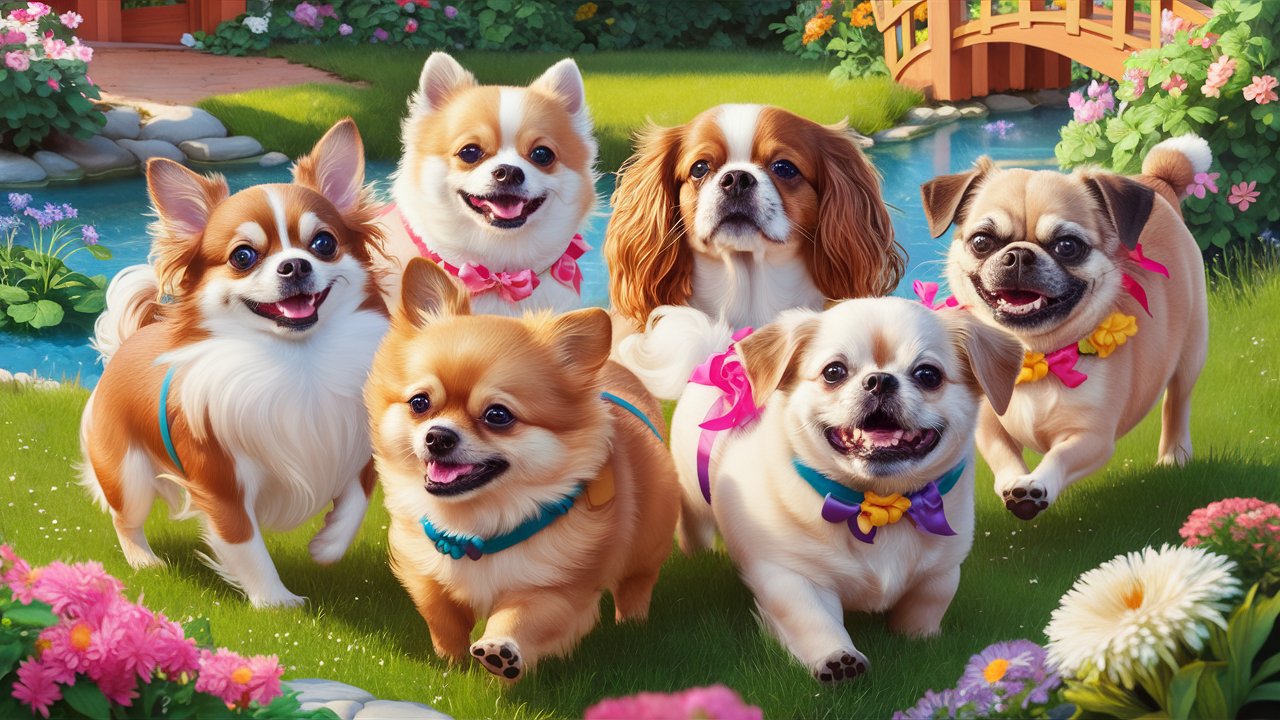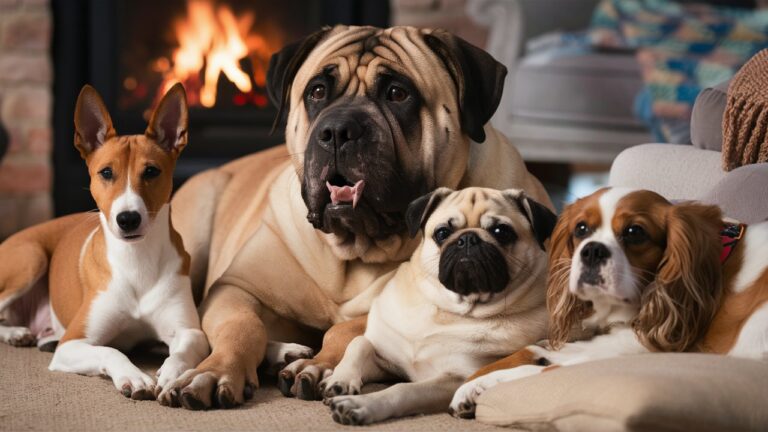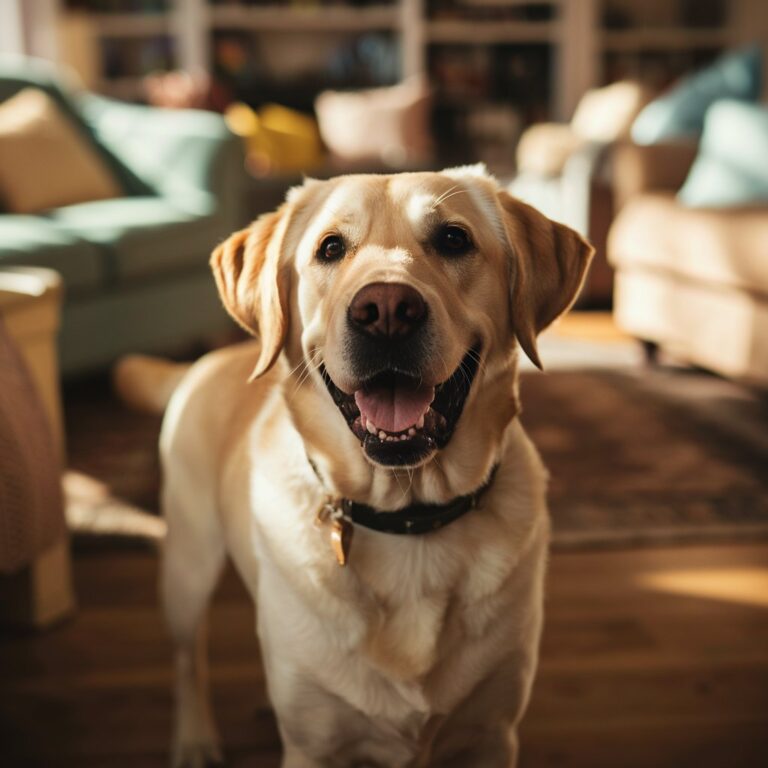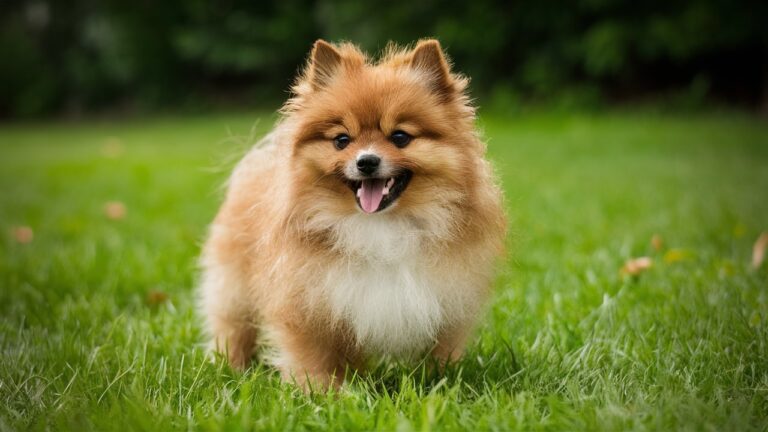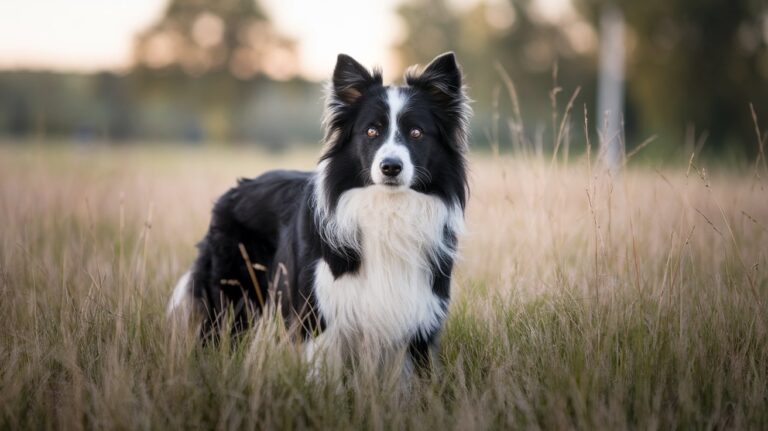5 Small Dog Breeds That Are Easy to Train: Perfect Pups for First-Time Owners
When it comes to picking the perfect pup, size and temperament are often top considerations. Small dog breeds that are easy to train offer a great combination of manageability and smarts, making them ideal for first-time dog owners or those living in apartments or homes with limited space. In this article, we’ll dive into several small dog breeds that are known for their intelligence and trainability, along with some personal experiences and stories to give you a better idea of what living with these furry companions is like.
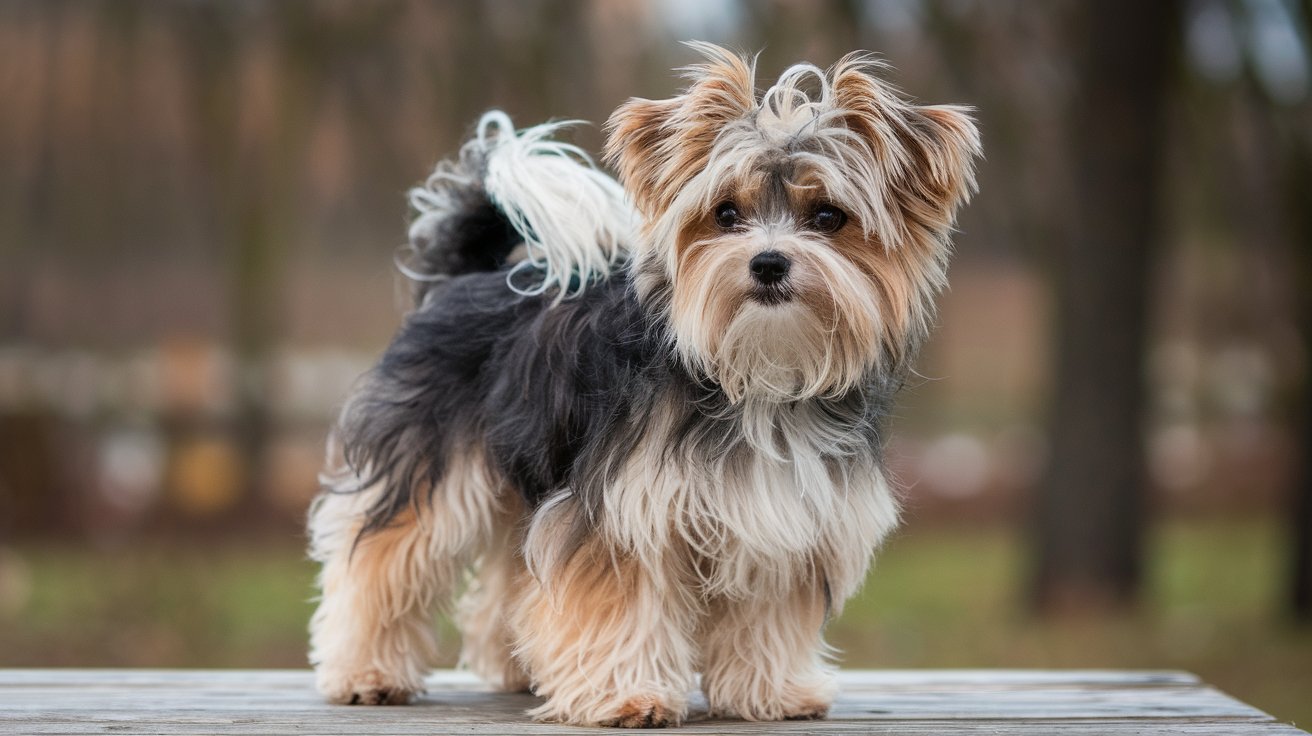
Why Opt for a Small Dog Breed That’s Easy to Train?
Small dogs can bring big joy to any household, but not all of them are the same when it comes to temperament and ease of training. Some small breeds are notorious for being stubborn or independent, which can make training a challenge for first-time owners. That’s why it’s important to choose a breed that’s known for being receptive to training and commands.
Easy-to-train breeds tend to:
- Have a high level of intelligence
- Respond well to positive reinforcement
- Be eager to please their owners
Now, let’s take a closer look at some of the best small dog breeds that fit this bill.
1. Poodle (Toy or Miniature)
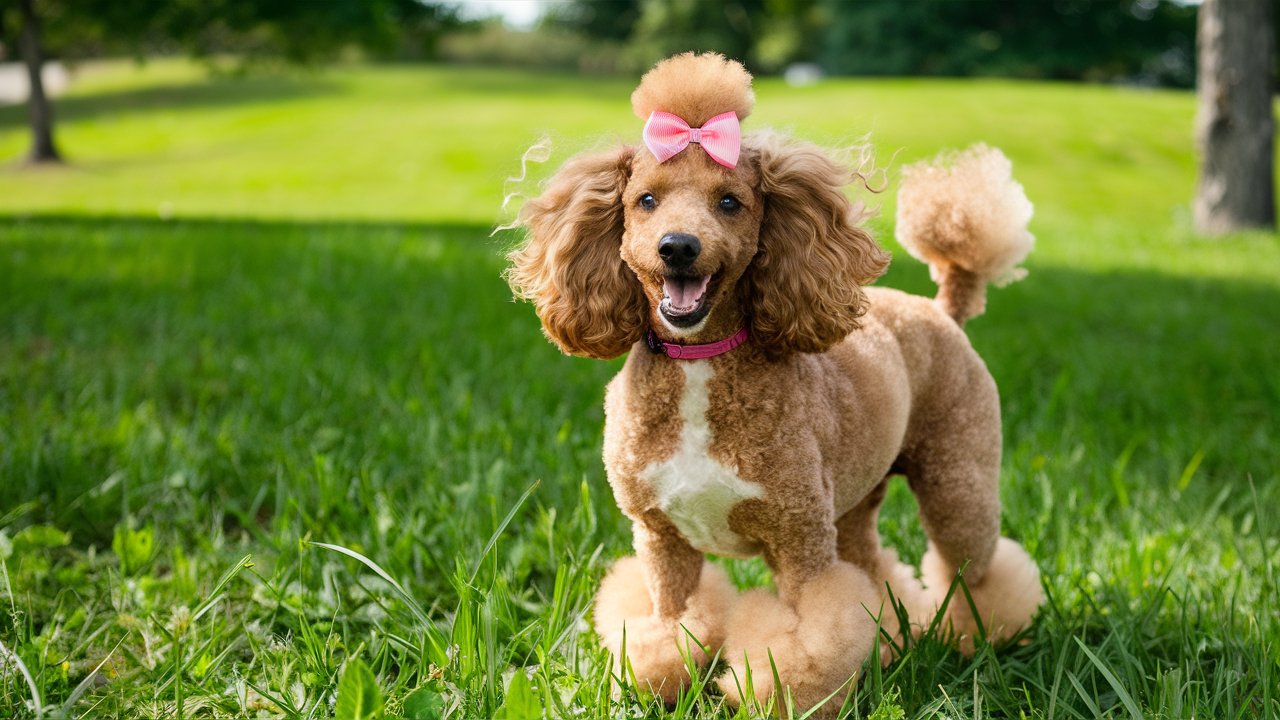
Poodles are renowned for their intelligence, and the toy and miniature versions are no exception. They rank as one of the most trainable dog breeds, large or small. In fact, Poodles are so smart that they often pick up commands faster than some of the larger working breeds.
I’ve had the pleasure of fostering a toy Poodle named Bella, and let me tell you, this little girl was a dream to train. She quickly mastered basic commands like “sit” and “stay” within the first week, and even learned to fetch her favorite toy on command! Their eager-to-please personality makes Poodles a top choice for dog owners who want a small but highly trainable companion.
Poodles are also hypoallergenic, making them ideal for allergy sufferers. However, they do require regular grooming to maintain their signature curly coat.
Key Traits:
- Highly intelligent and quick to learn
- Hypoallergenic
- Energetic and playful
2. Cavalier King Charles Spaniel
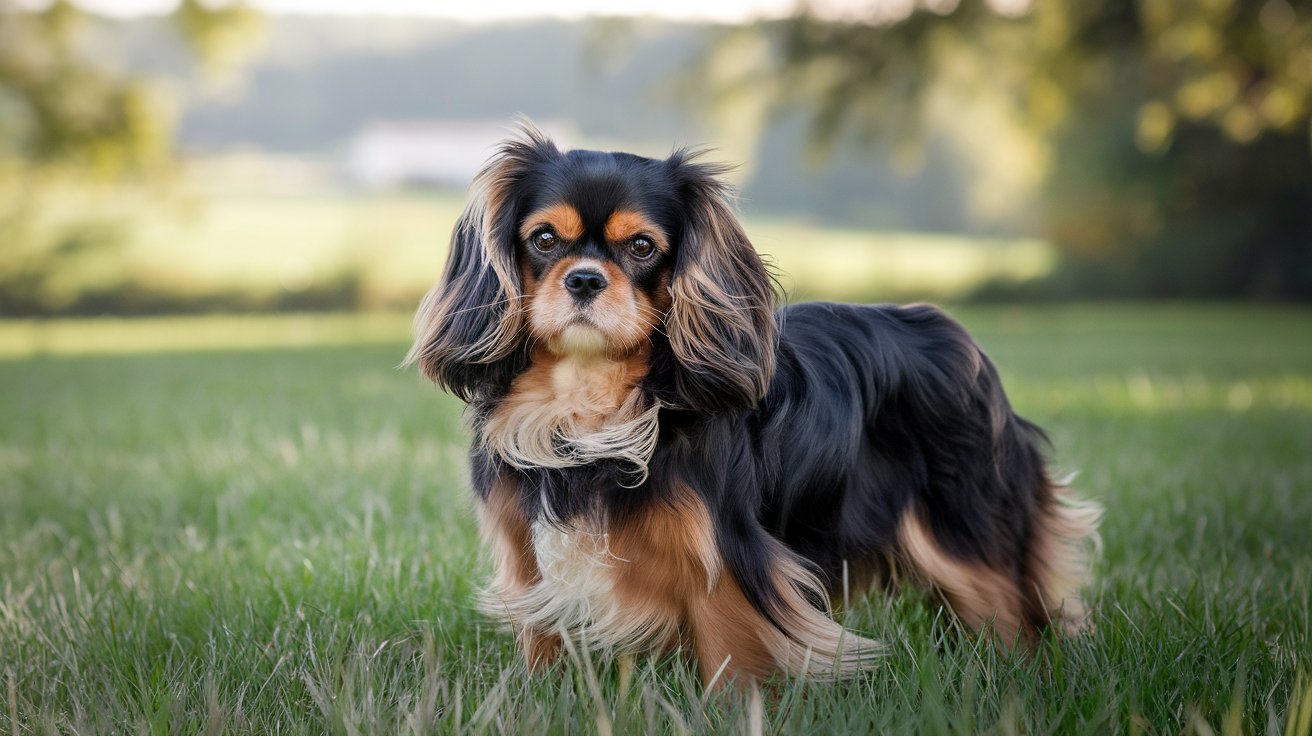
Cavalier King Charles Spaniels are sweet-natured, affectionate, and eager to please. Known for their gentle temperament, these dogs are also highly trainable, especially when you use positive reinforcement. Their love for human companionship makes them incredibly responsive during training sessions, and they generally do well in obedience training and even agility.
One of my close friends adopted a Cavalier named Ruby, and Ruby quickly became the star of their household. Within a couple of weeks, she learned not only the basics but also some fun tricks like rolling over and giving high-fives. Cavaliers thrive on interaction, so their desire to be by your side makes training a breeze.
Cavalier King Charles Spaniels are small, weighing between 13-18 pounds, but they have the personality of a much bigger dog. They are known for their loyalty and bond closely with their owners, making them great companions for both families and individuals.
Key Traits:
- Friendly and affectionate
- Easygoing temperament
- Very responsive to training
3. Papillon
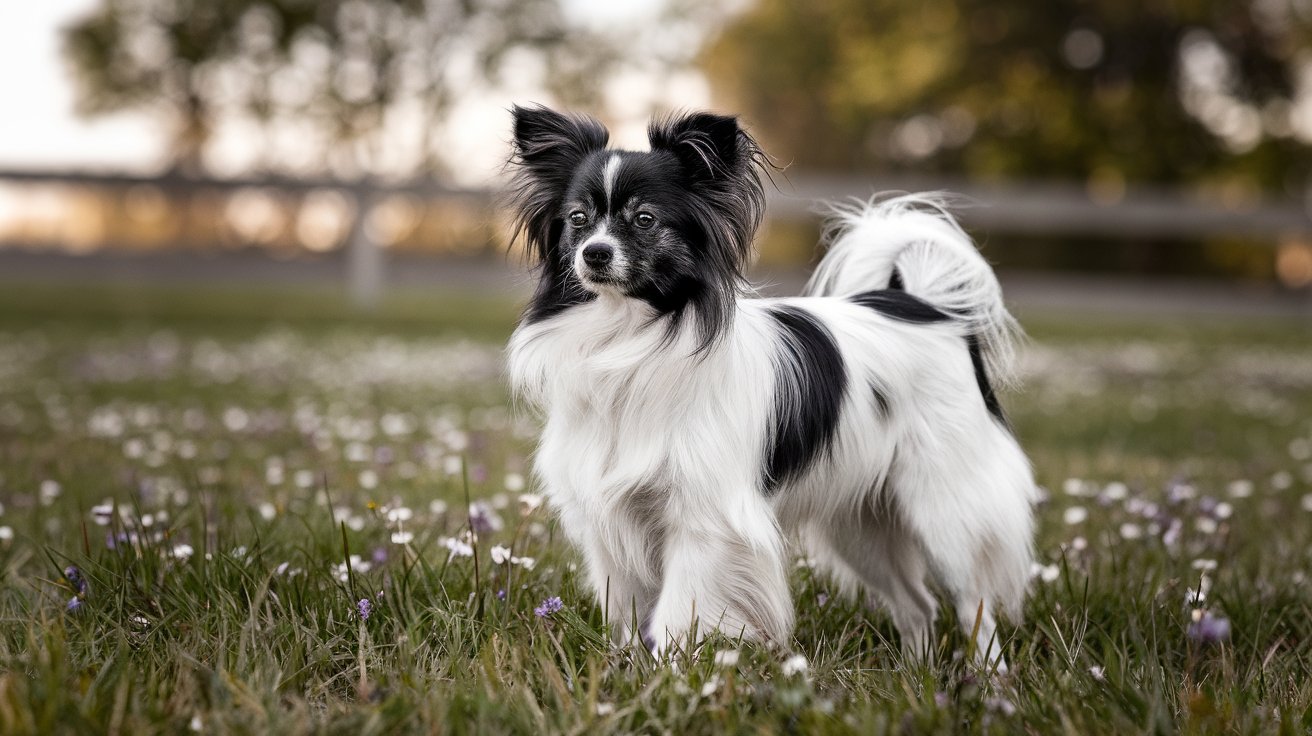
The Papillon may be small in size, but it is big on brains! Papillons are highly trainable and often excel in dog sports like agility, obedience, and even tricks. Despite their delicate appearance, they are tough and lively dogs that enjoy mental stimulation.
I had the pleasure of watching a Papillon named Max dominate a local agility competition. Max was zipping through tunnels and leaping over hurdles with laser focus, all thanks to his owner’s dedication to training him from a young age. If you’re looking for a small dog that thrives on challenge and learning new things, the Papillon is a fantastic option.
What’s particularly great about Papillons is that they don’t tend to exhibit a lot of the stubbornness or independence that other small breeds sometimes have. They’re eager to work with their owners and seem to genuinely enjoy learning new skills.
Key Traits:
- Extremely intelligent and quick to learn
- Energetic and active
- Thrives in obedience and agility training
4. Shih Tzu
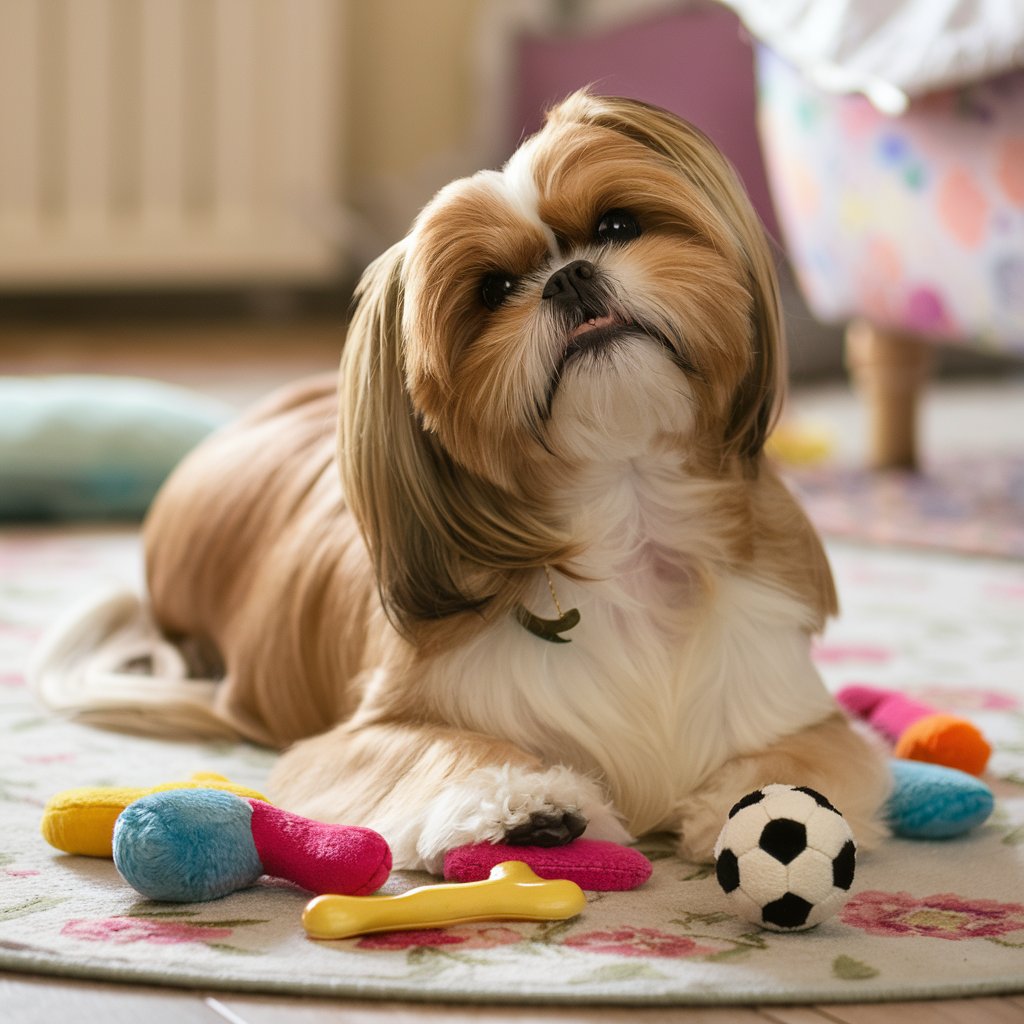
Known for their loving personalities, Shih Tzus are also surprisingly easy to train, especially when you start them young. They are naturally friendly and enjoy pleasing their owners, making them excellent candidates for obedience training.
When my aunt adopted her Shih Tzu, Buddy, we were all a little skeptical at first because Shih Tzus can sometimes be a bit stubborn. However, Buddy surprised us all by quickly learning his commands and even adapting well to potty training. With consistent positive reinforcement, Shih Tzus can be highly obedient and make wonderful companions.
The key with Shih Tzus is patience and consistency. They may not be as immediately responsive as a Papillon or Poodle, but with time, they’ll pick up on the training and be just as well-behaved as any other small breed.
Key Traits:
- Friendly and affectionate
- Responds well to consistent training
- Great for apartment living
5. Miniature Schnauzer
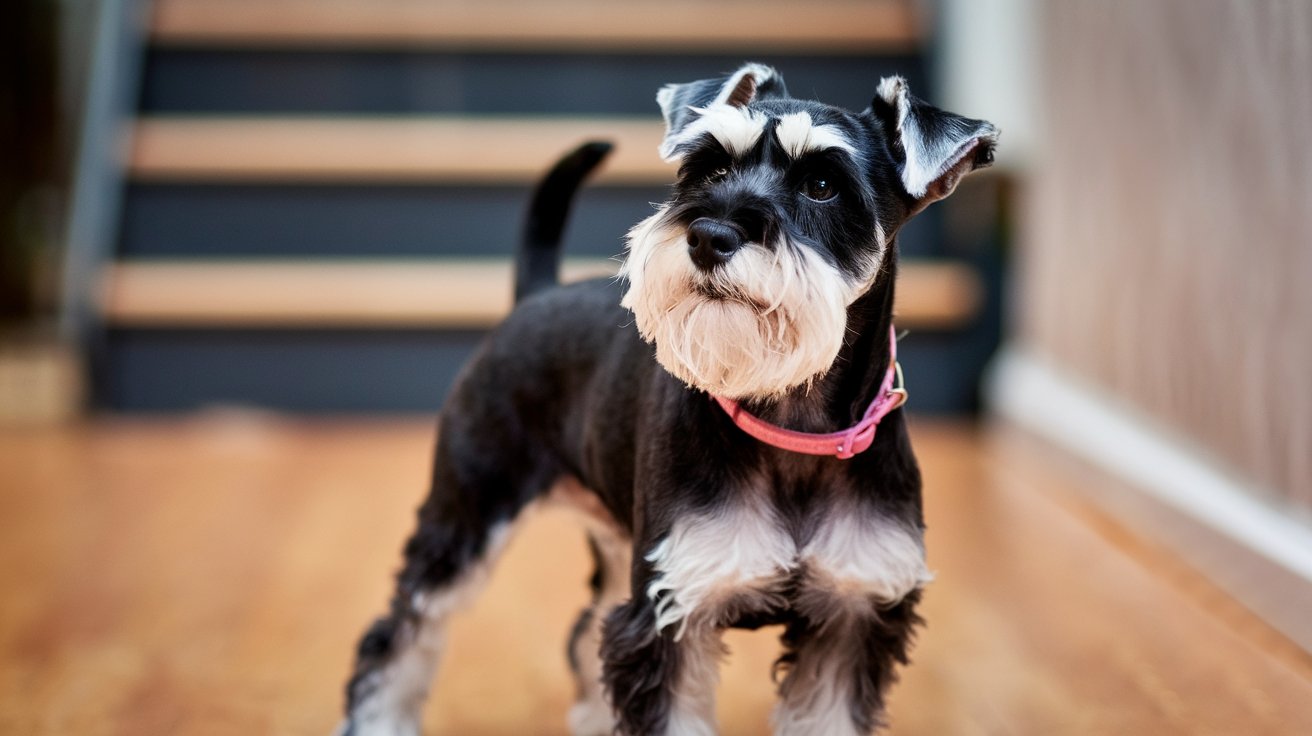
Miniature Schnauzers are bold, energetic, and full of character. They are also one of the most trainable small breeds, thanks to their intelligence and eagerness to please. Schnauzers are excellent for those looking for a small dog with the heart of a protector.
A former neighbor of mine had a Miniature Schnauzer named Charlie, who was incredibly well-trained. Charlie had mastered not just the basics but also advanced commands like “fetch the newspaper” and “find the ball.” Miniature Schnauzers are alert and enjoy being active, so keeping their mind and body busy through training is a win-win for both you and the dog.
Their high level of trainability also makes them great candidates for dog sports or even more challenging tasks like scent work or tracking.
Key Traits:
- Intelligent and easy to train
- Energetic and alert
- Enjoys mental challenges
Tips for Training Small Dog Breeds
Training a small dog breeds can come with its unique set of challenges, but following these tips can make the process smoother:
- Start Early: The earlier you begin training, the better. Puppies are naturally more adaptable and quicker to learn new habits.
- Be Consistent: Consistency is key to ensuring your dog understands what is expected of them. Stick to a regular training routine and use the same commands each time.
- Use Positive Reinforcement: Small dogs respond well to praise and rewards. Use treats and affection to encourage good behavior rather than punishments for bad behavior.
- Socialization: Make sure your small dog gets plenty of opportunities to interact with other dogs and people. This helps reduce anxiety and promotes good behavior in various situations.
- Keep Sessions Short and Fun: Small dogs, like humans, have short attention spans. Keep training sessions brief but engaging to avoid boredom or frustration.
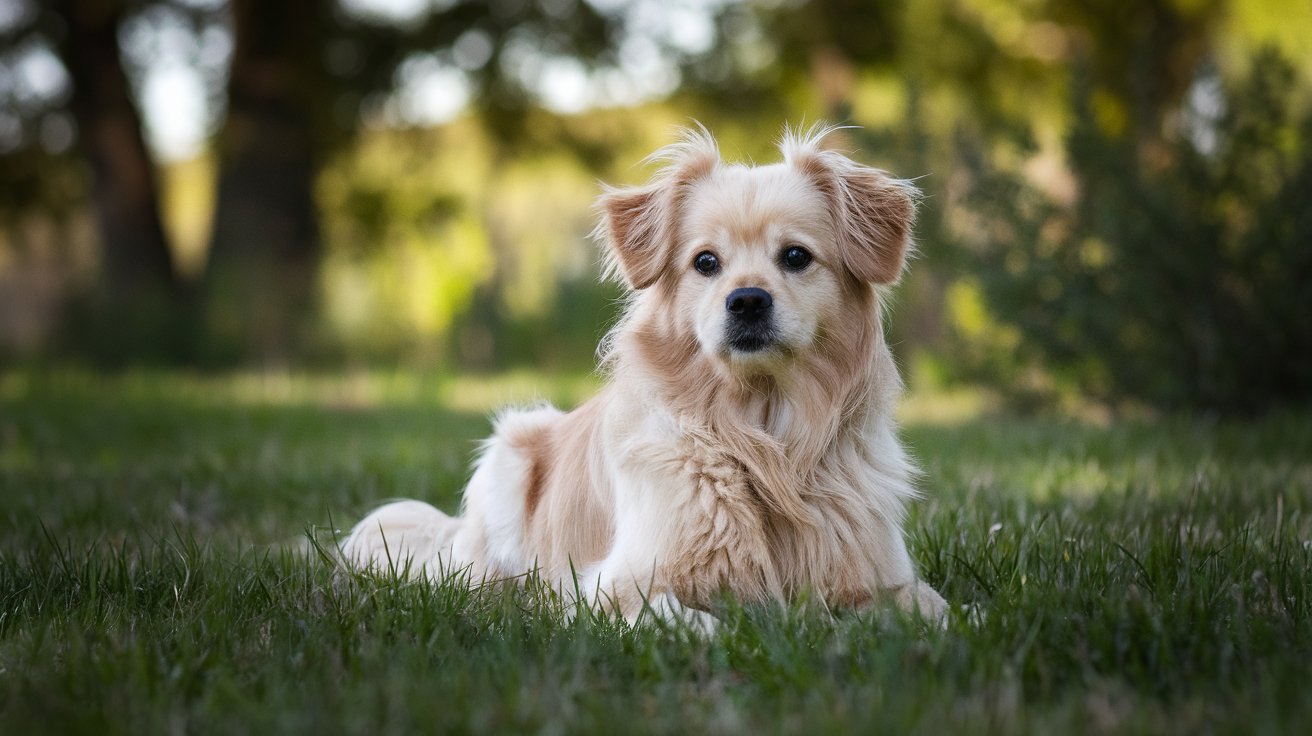
Conclusion
If you’re looking for a small dog breeds that’s easy to train, there are plenty of great options to choose from. Whether you prefer the intelligence of a Poodle or the spunky energy of a Miniature Schnauzer, small dog breeds can be just as well-behaved as larger breeds when trained properly.
Remember, every small dog breeds is unique, so it’s important to consider their individual personality and energy levels when choosing your new companion. With patience, love, and a bit of positive reinforcement, you’ll have a well-trained and happy dog by your side in no time.
